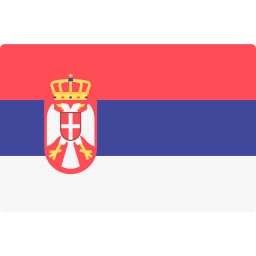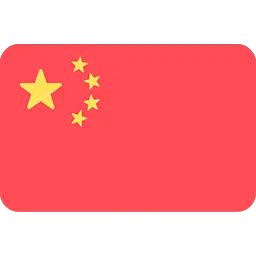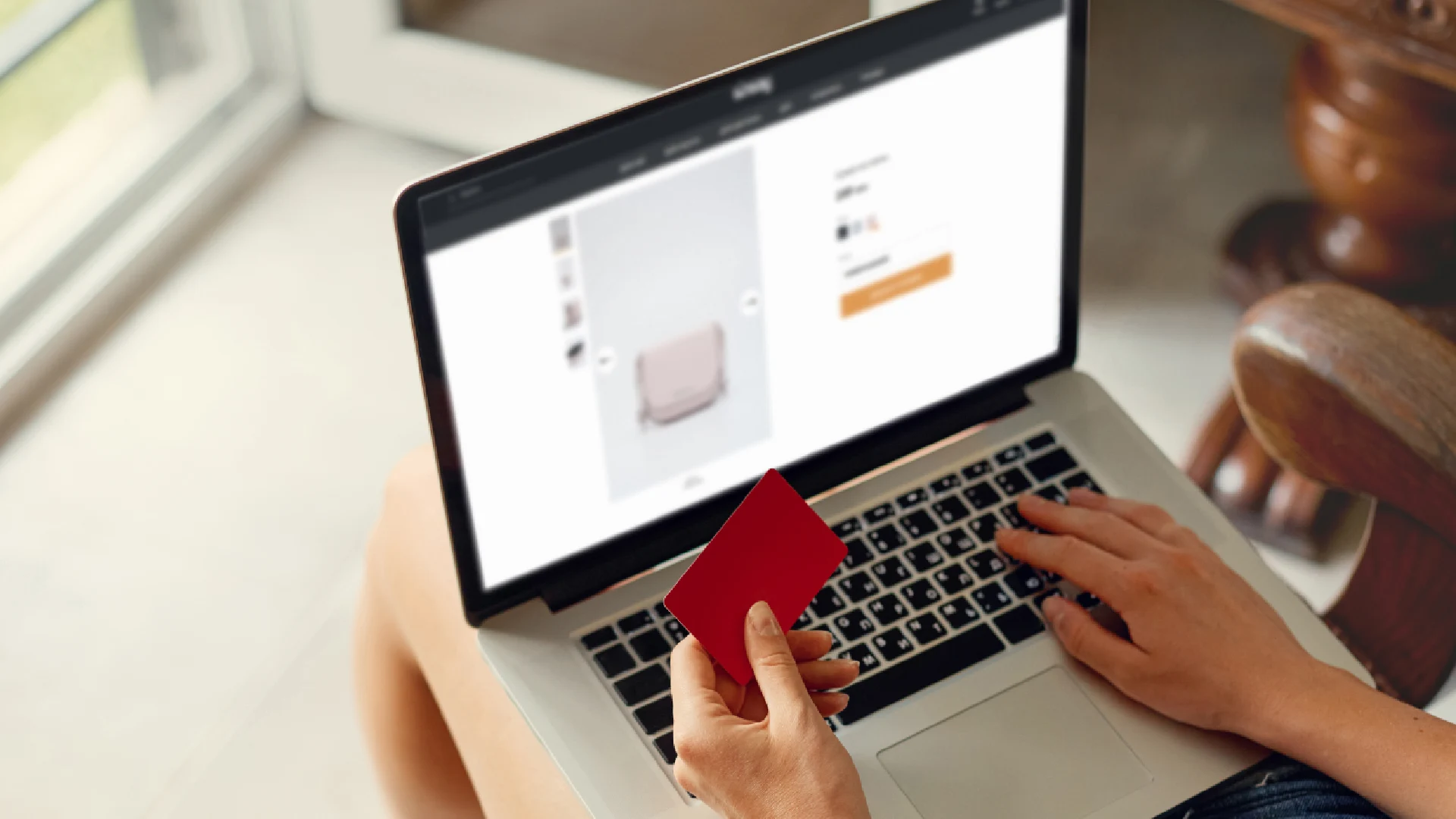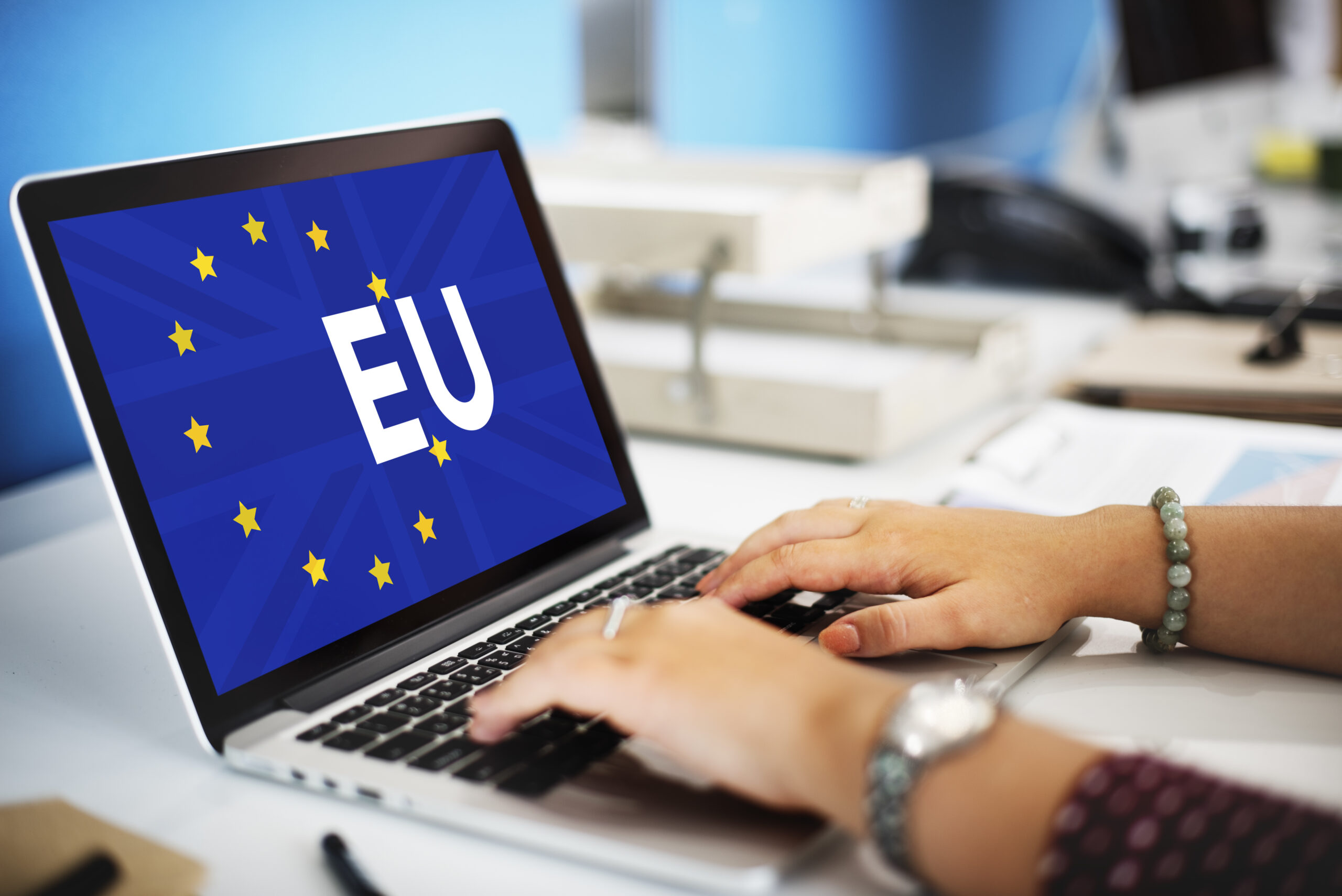The UK officially left the EU in January of 2021, and many companies still feel the impact of all the changes that followed Brexit. Simultaneously, all are affected by the global pandemic, and trade has shifted from stores to online shopping.
As a result, e-commerce has seen a boost in growth, and significant marketplaces have recorded unprecedented profits within 2020.
In addition to these changes, the EU has set a date for introducing an e-commerce package with VAT, which includes new rules on e-commerce and VAT, which will take place in July. The reasons for the new policy come down to two things: justice and modernization!
The EU loses large amounts of money yearly due to online sales running through the tax system. The report on the VAT gap for 2019 estimates that the EU missed 137.5 billion euros in 2017 alone.
- Both OSS and IOSS were open for registration from April 1st, 2021, and will be ready to use from July 1st, 2021.
- Changes after July 1st, 2021
The main changes that occur after July are:
- Removing the seller’s thresholds for the sale of goods at a distance and setting a single point of 10,000 euros
- Enlarge the Mini One Stop Shop (MOSS) by Launching the One-Stop-Shop (OSS)
- Abolition of VAT exemptions for small value and introduction of a new IOSS
- Internet markets will be considered a seller for collecting and declaring VAT
- New record-keeping requirements will be submitted for online marketplaces facilitating supplies of goods and services
- Special arrangements to simplify imported goods with a value of less than €150 in case the IOSS (import one-stop-shop-) is not used
- Why are these new VAT rules being introduced for e-commerce?
Simplification
The VAT thresholds set by each state cause a substantial administrative burden for retailers and government organizations.
The unified threshold will simplify VAT reporting as one seller threshold of €10,000 will be used for all EU members.
Simultaneously, adopting the new one-stop-shop (OSS) will help companies register for VAT in only one Member State from which they can declare VAT for all their sales in the EU together.
Fairness
The new rules should help reduce VAT fraud and make the environment fairer for EU companies to sell their products in the EU.
This means that EU businesses will compete on equal footing with non-EU companies that are currently not charging VAT.
Revenue
Member States are projected to increase VAT revenues by € 7 billion per year.
Who will be affected?
Changes to VAT e-commerce in July will affect all B2C sales within and towards the EU domain. Of course, all sellers will be concerned, but every aspect of the supply chain will be impacted, such as couriers, postal operators, and customs offices. Consignees will also be affected as they will see an increase in the prices of imported items. In some cases, the consumer will have to pay VAT to the courier or postal operator to deliver small-value shipments.
Long Distance EU Sellers
Distance sellers sell their products within the EU or from a third country to the EU through a website or a network market.
Online marketplaces
It will also be affected by online markets that facilitate sales inside and outside the EU, such as eBay, Amazon, ETSY, AliExpress, etc.
Couriers & Postal Operators
Couriers and Postal Operators will have to check the customs clearance of all products and, in many cases, will have to collect VAT for each shipment.
EU Consumers
EU consumers will be affected because they will now have to pay VAT on all their online purchases outside the EU and sometimes directly to the postal operator.
Distance selling thresholds
New rules will remove all distance thresholds.
Only one point will be in place of €10.000, which will consider all sales within the EU territory, excluding the seller’s country of establishment.
Previously, each state had a different VAT threshold, which complicated things for sellers and government organizations.
For example, France has a VAT registration threshold of €85,800, while Germany has a €100,000 threshold.
Online marketplaces (OMPs)
- Internet markets that facilitate B2C distance transactions may be required to collect and calculate VAT on these sales, as they will be considered suppliers of goods.
VAT is collected by the market when a sale occurs and is reported in the new network systems Import One Stop Shop (IOSS) and One Stop Shop (OSS).
A market is considered a supplier if it allows:
- Distance selling of goods imported into the EU in a value not exceeding EUR 150; or
- Suppose it facilitates the distance selling of goods among EU buyers, regardless of their value. In that case, the primary supplier/seller is not established in the EU (domestic supplies and distance sales within the EU are covered).
A marketplace cannot be considered a deemed supplier if it sells goods in consignments whose value is over €150 imported in the EU, irrespective of where the actual supplier is established.
Also, it can’t be considered a deemed supplier if the goods are supplied to EU customers and the underlying supplier is established in the EU.
Low-value imports will no longer be tax-exempt.
According to the currently valid VAT rules, VAT is not calculated on an import transaction if the significance of goods arriving from a country outside the EU is less than € 22.
According to the government’s proposal, all imports would be subject to VAT. This would create a level playing field and improve the position of European sellers over their non-EU competitors.
If an online store that sells goods applies the new import scheme, the company must add VAT to the prices.
As a result, the consumer pays VAT simultaneously as they pay the cost of the good. This eases the administrative burden for private importers.
They can use the import scheme if the value of the shipment does not exceed € 150 and the goods are not subject to excise duty.
The party using the procedure may be a distance seller or a representative appointed by the distance seller if the distance seller – the online store of the seller’s company – does not use the import scheme.
An alternative way of reporting and paying VAT is for the transport company processing the consignment to submit a customs declaration on behalf of the buyer according to a simplified customs scheme.
Suppose the importation is carried out outside the new import scheme and without the simplified declaration. In that case, a non-VAT-registered party will treat it as an import. In this case, they have to pay VAT to customs. However, businesses that are registered for VAT must declare and pay VAT to the Tax Administration on their imports as self-tax.
One Stop Shop (OSS)
After July, companies selling goods and services within the EU can benefit from registering VAT in only one member state instead of registering in each country where goods or services are offered.
Companies will need to exchange information in only one language with the tax authority of the member state where they have registered. At the same time, they will need to file a single VAT declaration and payment for all the goods and services offered in the EU Member States.
Therefore, registering for the OSS is very attractive because all VAT obligations for distance sales throughout the EU are met through one central declaration.
OSS is only available for EU entrepreneurs in the EU country of residence. You can choose the Member State of registration if the company is outside the EU.
This enlarged One-Stop-Shop covers three special schemes: the non-Union scheme, the Union scheme, and the import scheme. The OSS schemes are available to both taxable persons established in the EU and outside the EU. Taxable persons established in the EU can use the Union and import schemes. In contrast, taxable persons not based in the EU can use all three schemes, i.e., the non-Union, the Union, and the import scheme.
Without the OSS, the supplier would be required to register in each Member State to supply goods or services to his customers.
The Import One-Stop-Shop (IOSS)
The EU will abolish the €22 low-value consignment relief for consignments entering the EU. As a result, every consignment that joins the EU from a third country will be liable for import VAT. “Import One-Stop-Shop” is a portal similar to OSS, where companies can register to meet their VAT obligations on the distance sale of imported goods into the EU. IOSS will be available from July 1st, 2021.
It will allow suppliers and electronic interfaces to sell imported goods to EU buyers to collect, report, and pay VAT to tax authorities instead of forcing them to pay VAT when importing goods. Both schemes will have a two-fold purpose. They will help combat VAT fraud in the EU while simplifying the process of businesses collecting and declaring VAT.
How does the IOSS work?
IOSS will be used by companies that import goods worth less than EUR 150. It will simplify their VAT declaration and VAT payment for the goods sold by distance sellers or electronic marketplaces that facilitate the sales of goods.
Businesses will receive an IOSS VAT number, which will be used by postal operators and courier services to import the goods through customs. The customs authorities will check the number’s accuracy and then transfer the package to the final destination. This will apply to all EU member states.
The total value of the shipment will be taken into account even if the shipment consists of several items.
Goods subject to excise duties (such as alcoholic beverages and cigarettes) and goods such as refurbished telephones or laptops are not covered by IOSS.
IOSS registration has been open since April 1st for all EU member states. If a seller is not EU-based, an EU intermediary will need to be appointed to fulfil the seller’s VAT obligations under OSS.
Deemed supply needs to be recognized through back-to-back invoices. If the goods are in the EU, the EI must receive an invoice from the leading supplier following the invoicing rules of the EU Member State where the goods are located (“B2B invoice”). There is a special exemption for this delivery, and no VAT is due. The deemed supplier can use the self-billing arrangement for these B2B transactions. In this case, the self-billing rules of the EU Member State where the supply takes place will apply.
For the B2C element of intra-EU transactions, the deemed supplier registered with the OSS must invoice the end consumer.
There is no EU requirement for a B2B invoice from the underlying supplier to the platform for goods imported into the EU as the deemed supply is outside the EU. For the B2C element, there is no EU invoicing obligation for importation when the IOSS scheme is used. Still, a commercial account with an indication of the value in the local currency of the country of destination is recommended. The IOSS number must never be stated on invoices.
Conclusion
As July 1st is getting closer, it is essential for all businesses involved in cross-border B2C trade to consider what systems need to be implemented to ensure a smooth transition to the new VAT rules.
As the survey shows, many e-commerce companies will be affected by the new e-commerce rules for cross-border B2C deliveries of goods within the EU (whether they originate from the EU or outside the EU).
Given the complexity of the new regulations and the myriad of different possible scenarios, it will be crucial for each dynamic business to get familiar with the new rules, analyze them, search for possible simplifications, and prepare in time.









